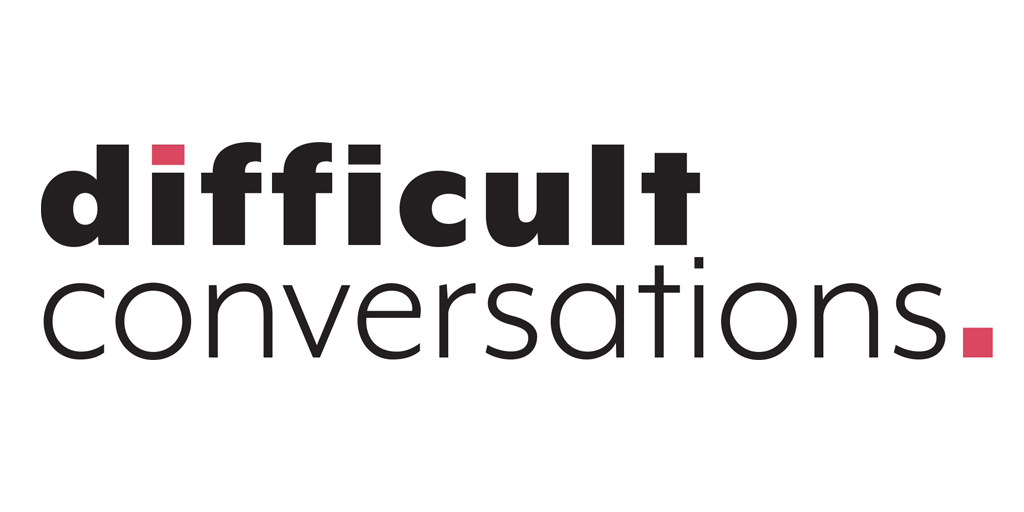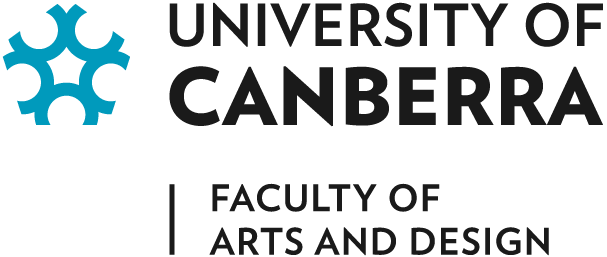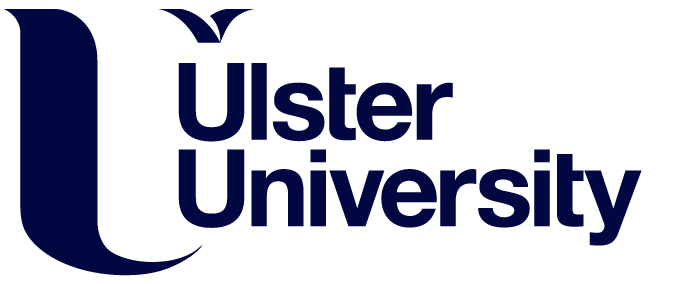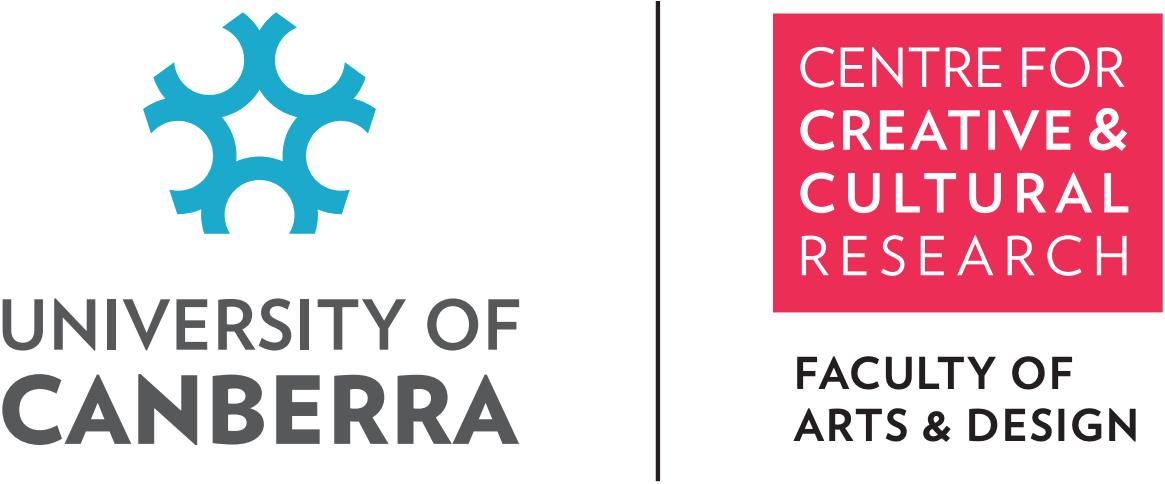What role can the arts and creativity play in navigating unresolved concerns, ongoing debates and controversial questions for our communities?

Exploring complex topics, from reconciliation and truth-telling in the context of colonialism to polarising social or political issues, this symposium will feature exchanges between leading artists and researchers from Australia and Northern Ireland about difficult conversations we, as a globally connected society, need to have today.
The conversations
Frank Ferguson in conversation with Elinor Davies, James Ward and Carolann North
Frank Ferguson talks with Elinor Davies, James Ward and Carolann North about their written work covering subjects ranging from domestic experiences of ‘The Troubles’ to immigrant communities, afrofuturism and the future of Northern Ireland.
Siobhan Wills in Conversation with Willie Doherty
A case study between a human rights filmmaker and acclaimed visual artist sharing a common interest in documenting inter-generational social trauma through places and landscapes that have experienced political violence.
Revelation, Reckoning, and Recovery
Continuing the critical conversations around child sexual abuse in Australia in the wake of the Royal Commission Into Institutional Responses to Child Sexual Abuse (RCICSA, 2013-17).
Difficult Stories: Creativity, Curation, Culture
Ursula K. Frederick in conversation with Steve Brown, Ashley Harrison, Wendy Somerville, Bethaney Turner
Ciara Hickey in Conversation with Array Collective
2021 winners of the Turner Prize, Array Collective, discuss their art-making as activism for women and LGBTQ+ rights and share some practical lessons in how to continue working as a collective despite obstacles and recognition by establishment interests.
The Launch
What role can the arts and creativity play in navigating unresolved concerns, ongoing debates and controversial questions for our communities?
This panel discussion opened the UC difficult conversations event featuring a conversation between university leaders and artists from Canberra and Ulster.




